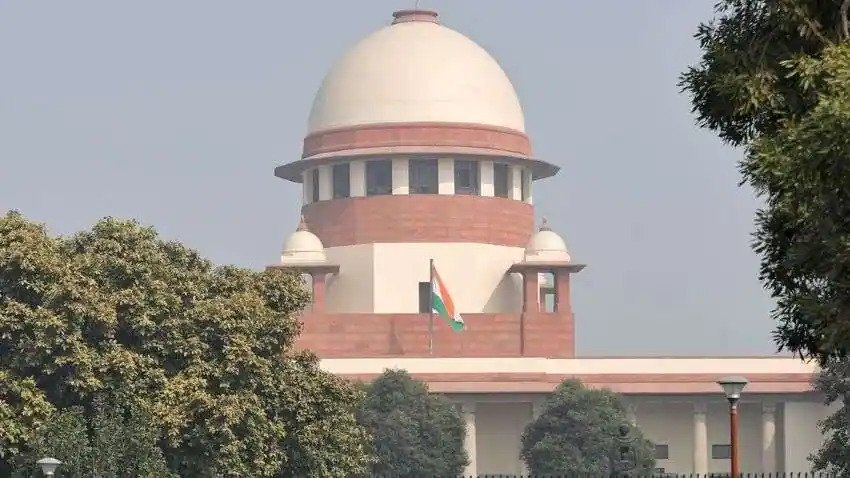Tamil Nadu’s ruling DMK on Monday sought a review of the November 7 verdict of the Supreme Court which upheld 10 per cent reservation for the economically weaker sections (EWS) in educational institutions and government jobs that excluded the poor among the SC/ST/OBC categories, contending it “legitimises discrimination”.
It said there is an apparent error in the judgment as it directly overrules the landmark 1992 nine-judge Constitution bench verdict in the Indra Swahney versus Union of India case, popularly referred to as the ‘Mandal verdict’.
The DMK said all five judges on the Constitution bench which pronounced its verdict on November 7 upholding the EWS quota introduced in 2019, have answered that the 103rd Constitution Amendment cannot be said to breach the basic structure of the Constitution and therefore it overruled the 1992 judgment, which authoritatively pronounced that reservation cannot be granted on the basis of economic criteria.
The review plea said, “It is respectfully stated that this is error apparent on the face of the record since it directly overrules the judgment passed by the nine Judge Constitution Bench in Indra Sawhney versus Union of India 1992,…which has authoritatively pronounced that reservations cannot be on the basis of the economic criteria and such interpretation was on the basis of Articles 14,15(1) and 16(1), not articles 15(4) and 16(4) alone”.
The party said similarly, the majority opinions have committed an error apparent on the face of the record by answering issue 3 (Whether the 103rd Constitution Amendment can be said to breach the basic structure of the Constitution in excluding the SEBCs/OBCs/SCs/STs from the scope of EWS reservation) in favour of the Respondent-State.
It said, “The majority opinion is contradictory – after going in depth into how poverty prevents access to education and employment, and the importance of alleviating the same, the majority judges have not given any justification for excluding ST, SC & OBCs from the EWS reservation other than to say that they have already been given reservations under Art 15(4) and 16(4).”
It said this view of majority judges is an “error apparent on the face of the record” since the reservations under Articles 15(4) and 16(4) are on the basis of social backwardness and historic oppression.
If the majority accepts that there can be a separate classification on economic criteria, social backwardness cannot be used as an exclusion for the poor among ST, SC, and OBCs merely because they suffer “both backwardness”, it said.
The review plea said the November 7 judgment, if allowed to stand, conveys a strong message that the SC, ST and OBC’s historic oppression of more than several hundred years, who have been prevented from having jobs and education and who have been kept away from the mainstream, suffers from disqualification from getting an economic reservation.
“It is respectfully stated that none of the three opinions that constitute the majority judgment have considered the ‘identity’, ‘width of power’ and ‘unguided power’ tests that have been laid down by this Court to test constitutional amendments despite it being argued before this Court,” it said.
The party, which also sought an open court hearing, said the impugned judgment “legitimises discrimination” by opining that exclusion is vital for achieving the desired results for a particular target group.
























